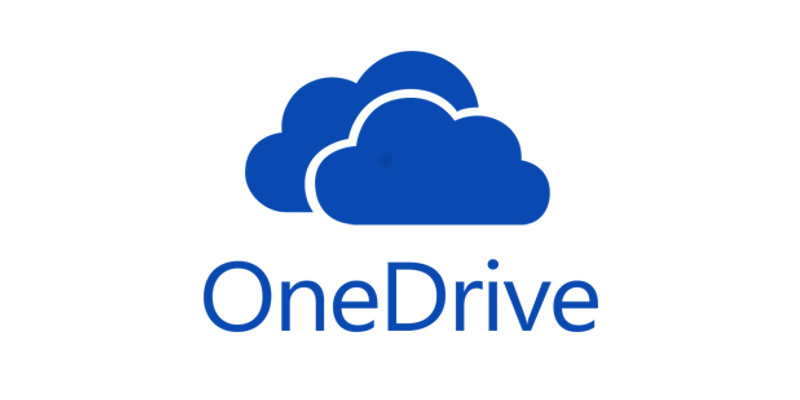What does selling Intel Macs have to do with ending Rosetta? Intel binaries still run on Intel, heh. Rosetta is one way translation. Universal Binaries will likely be there for a while, given that Apple will still sell Intel Macs for a while refurbished.
Quite a lot actually, although perhaps I should've been a bit more clear. I don't think Apple will stop supporting Rosetta 2 until at least 1-2 years after the *transition* to Apple Silicon is complete (that is to say once Apple has released an Apple Silicon replacement for the entire Mac lineup and no longer offers any Intel options for "new" macs).
(Of course refurbished and unsold Macs will remain in the supply chain for 1-2 years after the transition is complete.)
Why does it matter? Simple, as long as Intel Macs are being actively produced and supported by Apple, developers will produce x86 versions of their apps. Apple may be moving away from x86, but the uArch itself isn't going anywhere anytime soon. Windows and Linux based PCs will continue to run primarily on x86, and even a few years from now there will still be an enormous number of perfectly good x86 Macs. Furthermore, as the primary home computing architecture there will always apps that don't get ported to AS/ARM. While Apple will likely eventually decide to cut their losses, removing Rosetta 2 too soon (especially before the transition is complete) would result in a situation where Intel Macs are actually much more compatible than AS Macs, something I'd imagine Apple would like to avoid.
As for one more Intel Mac, it's likely the Mac Pro....
Obviously this is all just speculation. There may not be any more Intel Macs on the docket but given the current trajectory of Apple Silicon, it's hard to imagine them being able to fully replace x86 on the Mac Pro this year. Either way, my main point still stands.
I think they'll kill it pretty quickly. I suspect that it takes a lot of engineering work behind the scenes to keep it going and was really only meant to help with the transition and not as a legacy software compatibility layer.
Those who depend on Rosetta apps will have to just remain on an OS that supports it. Just like some were left on OS X 10.5 back in the day when Snow Leopard was released.
I disagree.
If you look back at the transition from PPC - x86 it was actually MUCH faster than the current transition from X86 to Apple Silicon. Apple shipped the Intel Developer Transition Kits in the Summer of 2005, released the first x86 Macs (iMac/MBP) in January 2006, and completed the transition to Intel with the Mac Pro in August of 2006. That's less than 15 months from the announcement that they were moving to Intel to the completion of the transition.
(In June we'll be at 24 months since Apple announced the switch to AS and I don't think anyone expects the Apple Silicon Mac Pro to be ready by then.)
Despite the speed of the transition however, Apple didn't drop support for PowerPC Macs until Snow Leopard was released in 2009, and continued to support Rosetta until Lion's release in 2011. FYI that's roughly four years of OS support since the transition was announced and six years of support for Rosetta.




